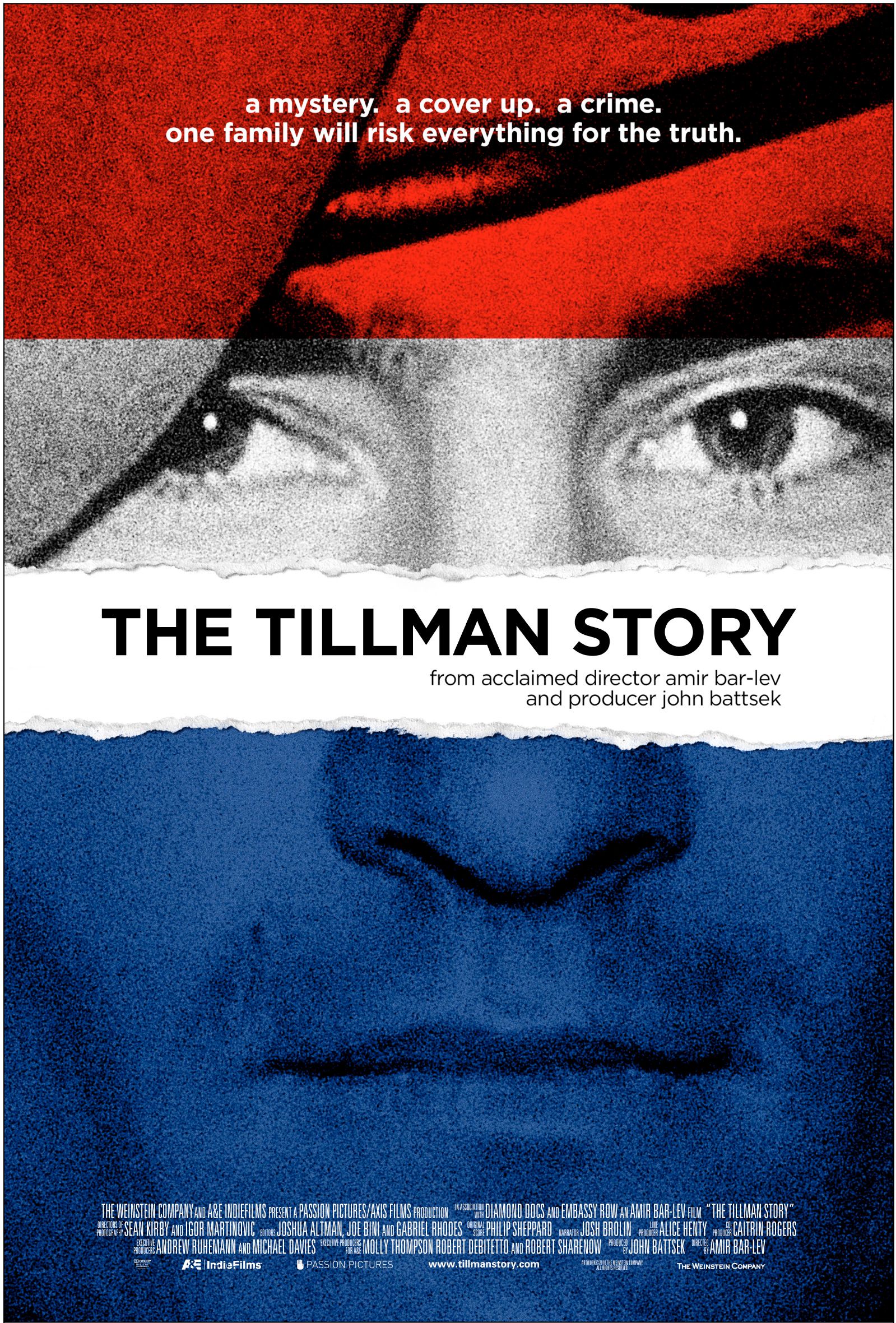Narrative and Non Narrative Writing
When any form of story is written it can be classed as a
narrative or non-narrative piece. This, in its simplest terms, refers to
whether it is fictional or factual.
Narrative writing is easily the most well-known form of
storytelling and writing. Present in many books, films, and TV Shows, its
primary identification is that it has a beginning, middle, and end, in both
fictional and non-fictional writing. More in depth traits narrative writing has
are:
Its Organisation- Narrative writing gradually weaves
exposition and character development throughout the script. It also paces the
story in order to build tension, and excitement, and gives it peaks and troughs
in action to pace it properly and keep the reader/viewer intrigued.
Grammar- In books, it has been known for authors to bend
grammatical rules, spelling structures, and punctuation in order to please the
reader, this is also one of the reasons exclamation points were created as
fictional writing is the only form that requires the exclamation point to help
portray enthusiasm in dialogue.
And Tone: Tone is employed by writers almost exclusively as
it channels emotions through the writing helping to immerse the reader further
into the story. This is also used in visual storytelling as well but generally
through more subtle ways such as lighting, the delivering of a line, or in the
accompanying score.
Here are some examples of narrative films:
With a factual piece however, it’s a lot more structured with
a much more rigid set of rules. The only changing part of factual documentaries
is their organisation as there is no set beginning, middle, or end. As the
timeline for factual documentaries tend to be very fluid on where they could
begin or end, and they have a limit to how much they can include, they have to
choose where it begins and ends which can restrict the factual content. Other
than that though, non-narrative productions have very little tone, its only
employed in certain scenes to induce very extreme emotions; And as mentioned
previously, the grammar is incredibly strict as a factual pieces should be.
Here are some examples of non-narrative films:






No comments:
Post a Comment